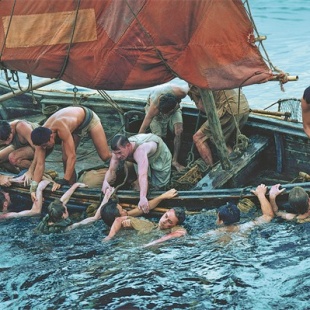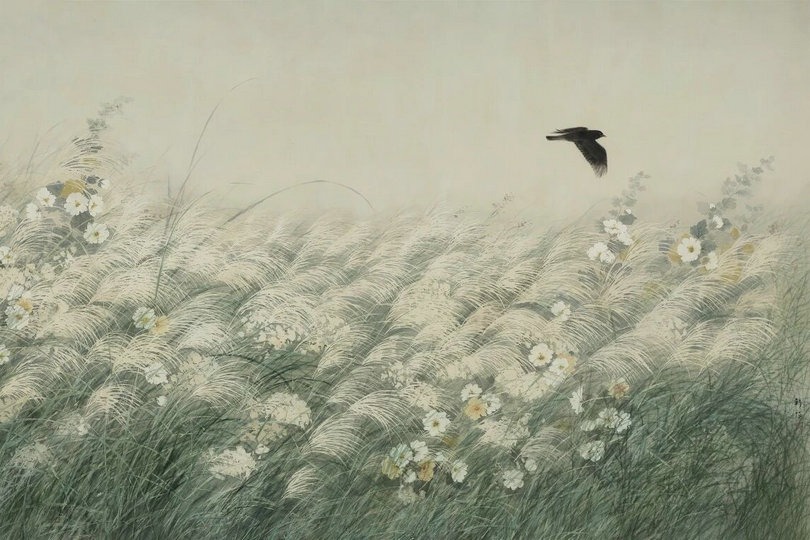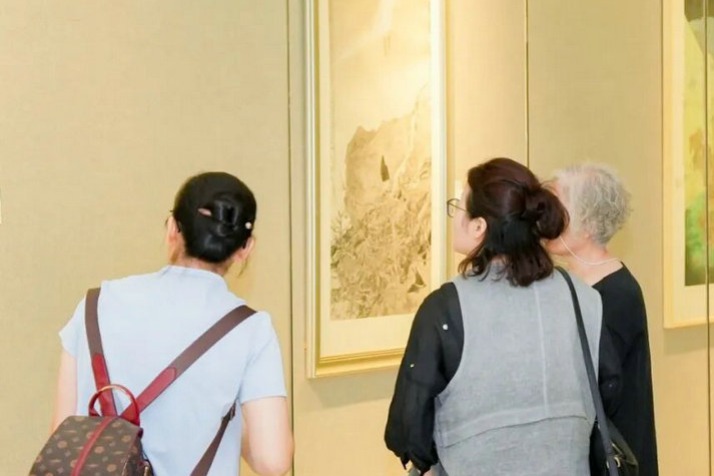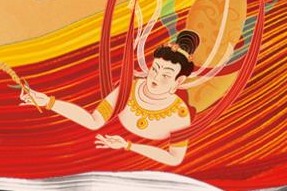Cinema reframes wartime memory
New Chinese films challenge false narratives to ensure truth and accuracy remain paramount in describing the history of resistance against aggression, Xu Fan reports.

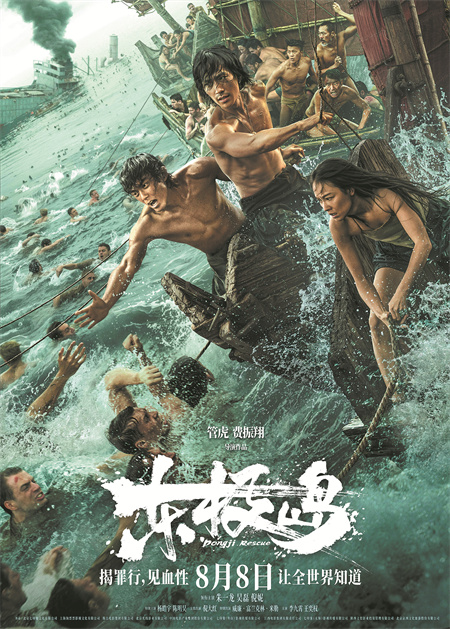
Lesser-known tales
"Fascists developed a unique aesthetic during World War II — anti-human, anticivilization, but also extremely deceptive and misleading," says Zuo Heng, director of the film culture research department at the China Film Archive.
In Dead to Rights, the Japanese photographer claims to admire Confucianism. Yet, he twists its core virtues — benevolence, righteousness, propriety, wisdom and faith — to justify mass killings. The role is played by actor Daichi Harashima, who was born to a Japanese father and a Chinese mother.
Zuo, also an expert in cinema history, says that this year's domestic wartime films, such as Dead to Rights, reflect deeper historical thinking by Chinese filmmakers, expanding the lens beyond battlefield heroics to cultural and ideological struggles.
Apart from those on the Nanjing Massacre, the trauma that has shaped the collective memory of the Chinese people over generations, other films are revisiting overlooked stories of resistance such as like Dongji Rescue which has a stellar cast and the documentary Mountains and Rivers Bearing Witness.


